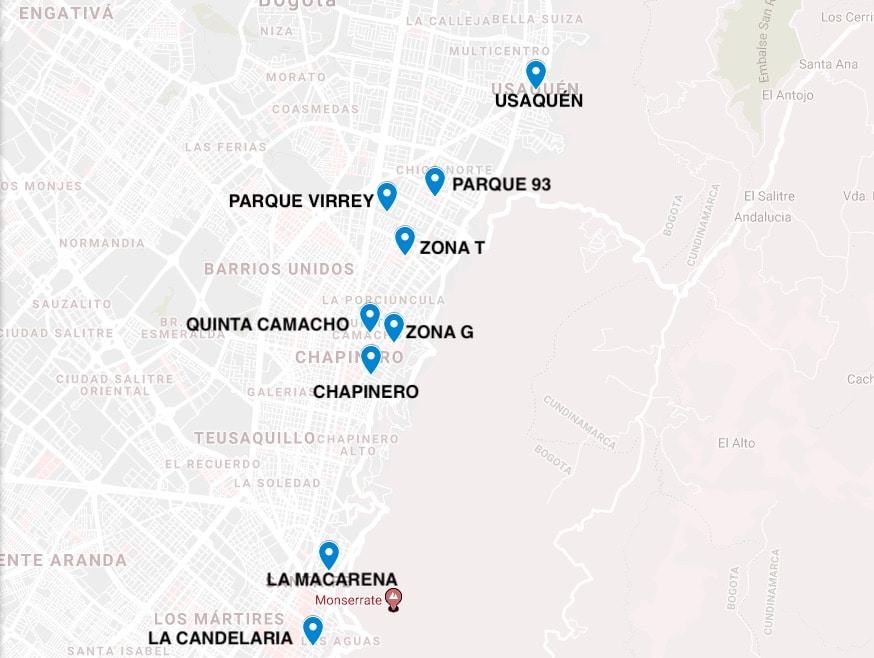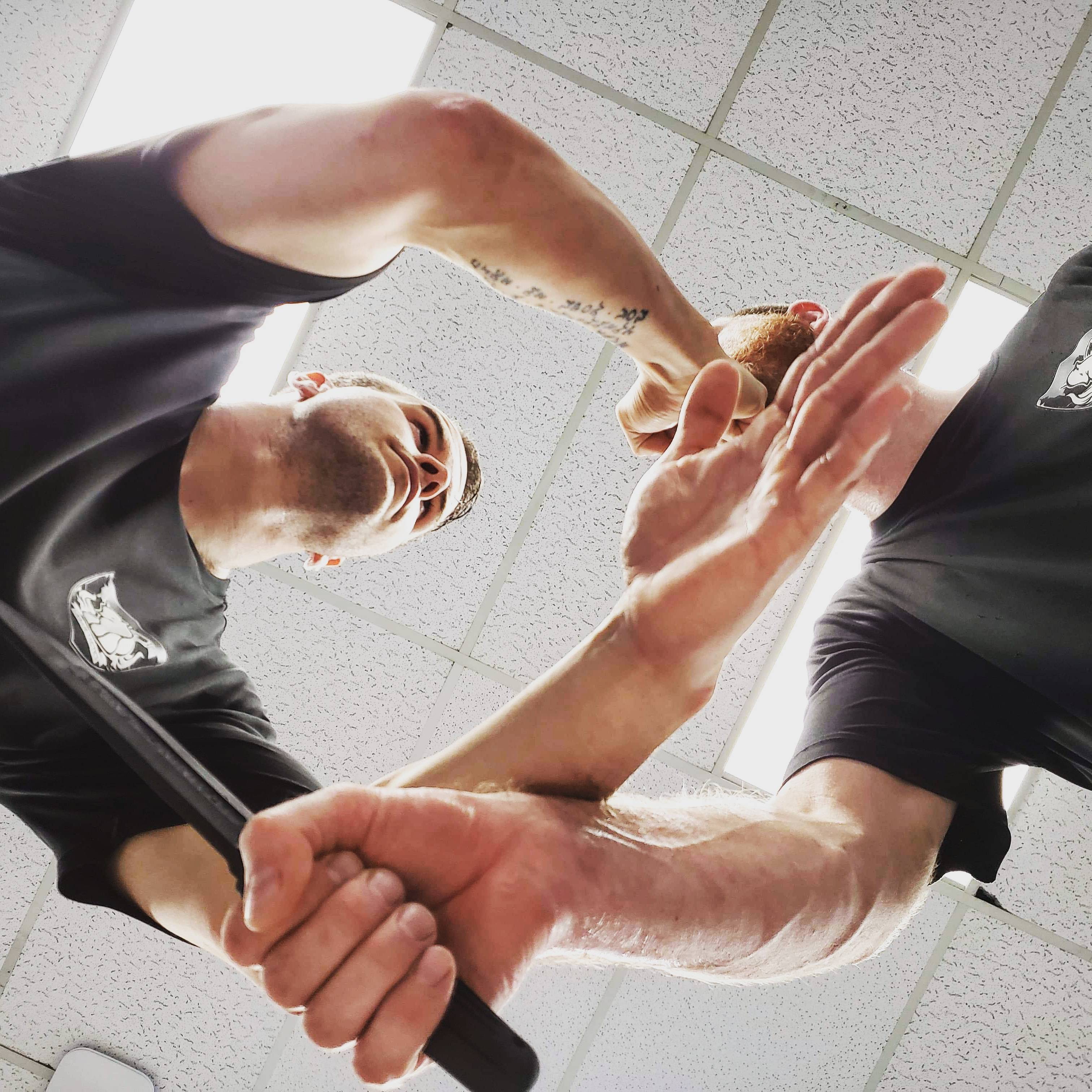
You need to know a few things before you can find the right punch bag for your home. This article will focus on features, pricing, and size. When you finish reading this article, it should be clear what you should look for. Here are some of today's best punch bags:
Features
There are some features that you should consider when shopping for the best punch bag. Firstlaw Fitness Punching Bags are ideal for apartment dwellers. Its unique wall-mount design means it is easy to set up in a small area. This bag can also be used in your living space or bedroom. Ringside 100 Powerhide punch bags weigh 100 pounds. This will give you a boxing experience that is comparable to professional boxers. Its foam liner, which is two inches thick, makes it both comfortable to hit and less noisy.
Prices
J.W. has a great selection of leather punch bags. Anderson has a wide range of bags to choose from that will please. These bags feature a zip fastening, embossed logo and distinctive topstitching details. J.W. also offers other notable features. Anderson punch bags come with adjustable straps and silver-toned metal hardware. J.W. Anderson punch bags are some of the most costly on the market. Before you buy, make sure you do your research.
Size
You should pick the right size punch bag to maximize your training. A large punching bag is better for beginners because it is easier to use and slower. On the other hand, an experienced boxer should choose a smaller punching bag, because it reacts more like a real opponent. While small bags are more appropriate for speed training, heavier bags are better for resistance training.

Quality
When it comes to purchasing a punch bag, quality should be one of the first things you think about. You don't want to spend a lot of money on a bad punch bag, but the one you choose should be tough enough to withstand physical stress. High-quality punch bags will withstand multiple hits and should be supplied with all the necessary tools to make it set up. It is also free-standing, with a strong platform.
Safety
It's important to consider the safety of a punch bag before you start practicing your martial arts techniques. Most punching bags contain dense materials that have little flexibility, such as sand and packed grains. They are useful for striking practice, but can also cause injury. It is important to use protective gear when punching the bag. The most common forms of hand protection are bag gloves, boxing gloves, and even a waterproof core.
Durability
There are many types of punch bags available and they can be very expensive. The more expensive bags are typically made of leather or a higher-grade synthetic material, while cheaper bags are often made of plastic or synthetic materials. Leather is durable, but not always the best. Bags that are cheaper will eventually break down if they are filled with sand and sawdust. You can ensure your punch bag lasts for many years by checking its construction to ensure it's made from quality materials.
Weight
A heavy bag is best for experienced boxers and tough individuals. However, an empty punching bag works great for beginners. You can improve your punching power as well as your movement skills by using a lighter bag. The size and weight of the punch bag must be equal. Heavy punching bags will take a lot of power, and won't allow you to move well. It is therefore important to choose a light bag when you are just starting out.

Warranty
When buying a punch bag, one of the most important aspects to consider is the warranty. When you purchase any equipment, quality is paramount. To keep your punching bag in top condition, you need to maintain it regularly. While it's important to clean your bag after each use, you should also check for leakages and other problems as soon as you notice them.
FAQ
Where are the majority of doomsday planners?
People who prepare for the apocalypse prefer to live in rural areas. Because of this, they are more likely than others to survive a social collapse. They also have a greater likelihood of finding supplies if there's less competition.
You need to be able to survive.
You can find the best places to go in areas with low population density. Less people means that it's easier to survive.
Should I keep guns?
Yes! Yes! Gun ownership is protected by the Second Amendment. It's important that you remember that not everyone is entitled to own firearms. Persons with mental illness, for instance, are forbidden from owning firearms.
That being said, having a firearm in your home can save lives. In fact, according to the CDC, between 1999 and 2016, there were over 33,000 deaths due to unintentional shootings.
The good news is that most states allow residents to carry concealed weapons. Even if you're not allowed in a state to carry a gun, there are still options.
What's the best canned food for survival?
The best-canned food for survival is not necessarily the most nutritious. It depends on what you want. You can choose beans if you need energy; meat is for protein.
Look for foods with high levels of vitamins or minerals if you're looking for nutrition.
What should you pack in a bug out bag?
A Bug Out bag (BOB), or a survival kit, is designed to allow you to survive 72 hours without food and water. It includes a first aid kit, flashlight, whistle, fire starter, compass, knife, matches, rope, bandana, handkerchief, toilet paper, hygiene items, sunscreen, sunglasses, socks, gloves, hat, bottled water, energy bars, batteries, emergency blanket, and other essentials.
Keep in mind that you won't use all of the items in your BOB. Choose wisely.
What should every doomsday preppper have?
It's not about what you need, but also how much. You must learn to live off of the land if you want your survival for long periods.
There are many ways to prepare for an emergency. It doesn't have to be that you buy every item on the list. You should be prepared for any eventuality.
It is important to be prepared for everything. You must be prepared to do anything if survival is your goal.
Statistics
- In the first ten months of 2016, foreigners bought nearly fourteen hundred square miles of land in New Zealand, more than quadruple what they bought in the same period the previous year, according to the government. (newyorker.com)
- A gravel bike was the clear winner, receiving more than 90 percent of the votes. Background: This summer, we surveyed our readers about what they’d shove into a backpack if they were caught unprepared for the collapse of society. (inverse.com)
- A survey commissioned by National Geographic found that forty percent of Americans believed that stocking up on supplies or building a bomb shelter was a wiser investment than a 401(k). (newyorker.com)
External Links
How To
How to find potable water in a survival situation
If you're in a life-threatening situation, it can be life-saving to find water. It is essential to learn how to find potable drinking water quickly and efficiently when you're in survival situations. You'll want to ensure that you have enough water to survive until help arrives. Lack of clean drinking water can cause dehydration, which could lead to death.
In this article, we'll go over some tips on finding potable water during a crisis. We'll be discussing the types of water sources and which ones work best in different situations. We'll discuss how to filter water and purify it for safe drinking. Finally, we will talk about how to store water for later.
What Types of Water Sources are There?
There will be many water sources around you while you are out in the wilderness, such as streams, lakes and rivers, springs, rivers, oceans and rainwater. These water resources may be available all year round depending on where you live. There are many factors to consider when choosing the right water source for you.
You'll first need to decide if you have the opportunity to gather fresh water. This means that you should consider whether you will have easy water access to streams, rivers or springs. Second, consider whether or not you have access to clean water. It is best to avoid drinking water that has been contaminated by feces and urine. Third, consider how much water will you actually need. The amount you will require of water depends on several factors, including how long you intend to stay stranded, the temperature outside and inside, as well as how large your family. Fourth, how do you transport the water? You might not be able to access some water sources, which can make transportation more difficult. A heavy container filled with water might be necessary to transport it uphill. Finally, you'll need to factor in the weather conditions when choosing a water source. If it's stormy, you may not be able or safe to depend on rainwater. However, a sunny day can allow you to collect water and avoid contamination.